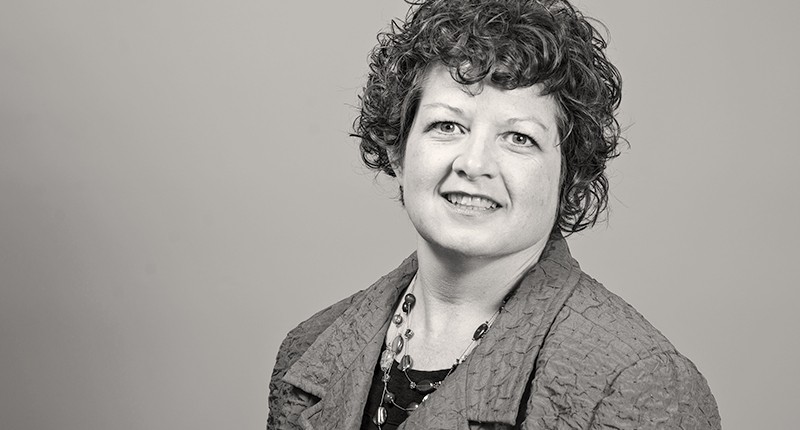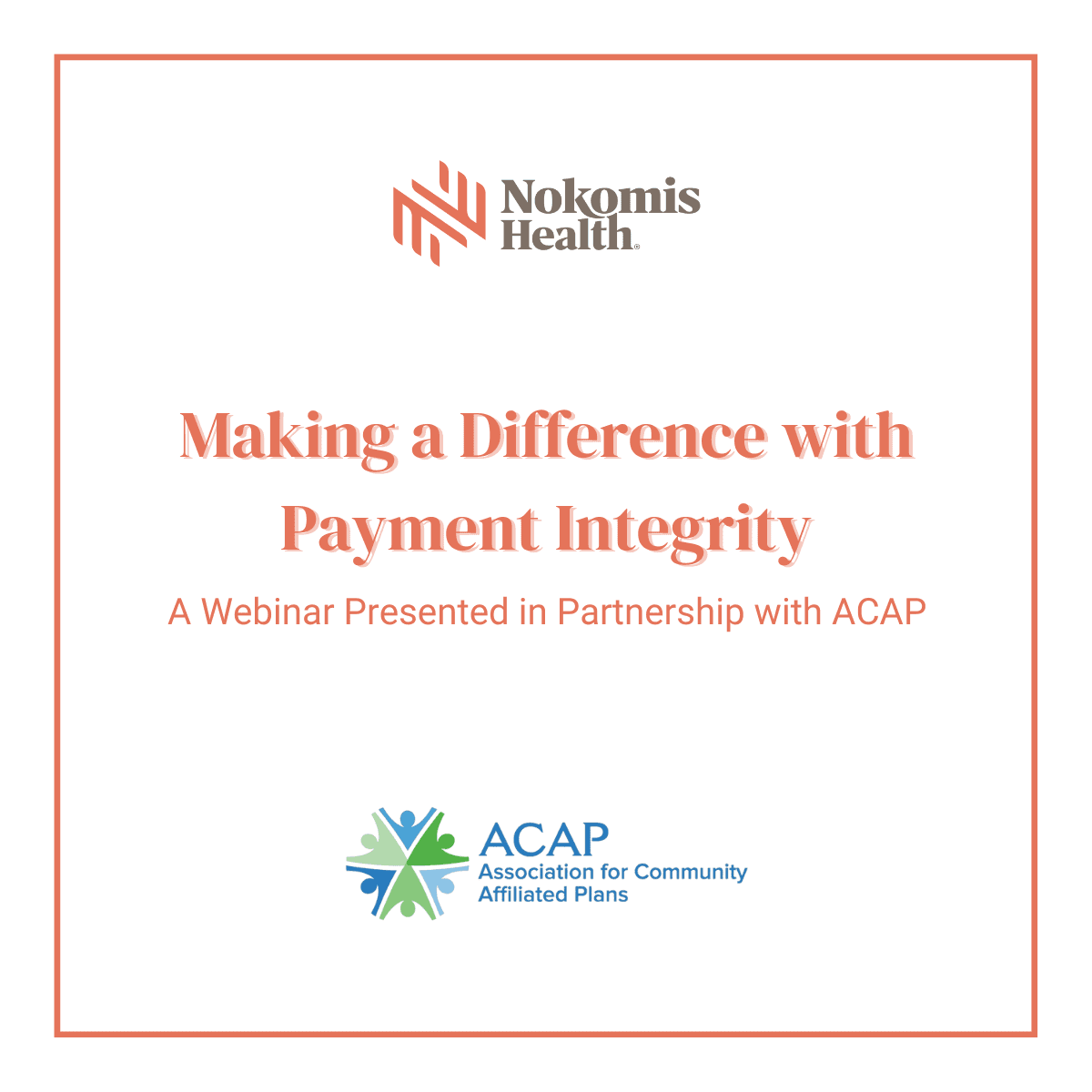How Do You Become an Expert Medical Coder?

6 Dec 2020
How Do You Become an Expert Medical Coder?
INTERVIEW WITH DIRECTOR OF CODING ANNE KARL
How did you get into coding?
My father was a family practice physician and I’ve always been drawn to that world. When I came out of school the traditional job for an RHIA (Registered Health Information Administrator) was to be the Director of Medical Records in a hospital setting, but that didn’t really interest me. The physician setting is much more fast-paced and I’ve spent a majority of my career in that area. I always had my heart in it – making sure the providers were paid fairly for their services. Payment starts with the documentation of the provider and the codes assigned. Poor documentation and/or coding can really hurt the reimbursement to a provider. After working in some very non-traditional jobs, I found that coding was really my passion.
What are five characteristics of a good coder?
Ethical
Analytical
Solid anatomy and pathophysiology foundation
Able to research and understand complex coding and medical conditions
Not afraid to ask questions of their peers, supervisors, and medical providers
What are some of the challenges that coders face on a regular basis?
There are many challenges that we face, but here are a few of the most prominent.
Poor Documentation – A coder cannot assign a code unless the provider has documented the condition or procedure. The golden rule in coding is, “If it’s not documented, it wasn’t done, and you can’t code it.”
Payor Reimbursement Issues – You may have a claim coded correctly, but that doesn’t correlate to payment. Every payor can set their own rules. Some of these rules are based on nationally accepted standards, like NCCI (National Correct Coding Initiative), and some can be blinded edits. A coder needs to have strong writing and analytical skills to appeal these when applicable.
Pressure from Providers – Many providers are concerned about their bottom line. Some will place pressures on coders to obtain the highest level of reimbursement. This puts the coder in a sticky situation – code correctly or code for maximum payment. Of course the coder wants to look good and keep their job, but they also know there are coding guidelines that must be followed. It’s a difficult thing for many coders to balance.
Are there any current trends in coding you could talk about?
I think we all survived ICD10! That is so 2015! Many providers are dealing with more and more external audits lately. Payors want to make sure they are paying for services that have been properly coded based on the documentation of services and coding guidelines. Some of these will be prospective, but more and more are being conducted retroactively. Coders have to be on point every day. They have to focus on the encounter in front of them, prior encounters, and also the payor. The payor may have specific requirements in regards to a diagnosis or modifier that coders need to stay up to date on. Many of these payors will publish these specific requirements via their website or newsletters.
What degrees and certifications do you have?
I have a bachelor’s degree in Health Information Management from the College of St Scholastica in Duluth, Minnesota. My credentials include:
RHIA (Registered Health Information Administrator)
CCS-P (Certified Coding Specialist – Physician) from AHIMA (American Health Information Management Association)
CPC (Certified Professional Coder) from AAPC (American Academy of Professional Coders)
CCC (Certified Cardiology Coder) from AAPC (American Academy of Professional Coders)
Can you talk about your experience as a coding teacher?
I have over ten years of experience teaching CPT coding and always like to teach the first CPT course a student takes. I emphasize the fact we are going to take the foundational skills they have learned in medical terminology, anatomy, and pathophysiology and continue building their coding foundation.




